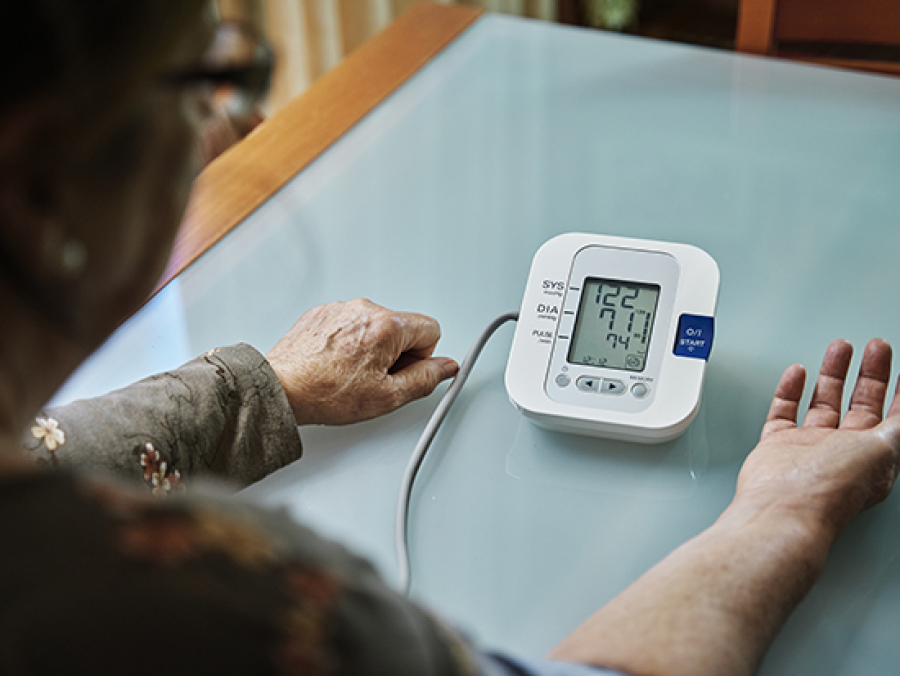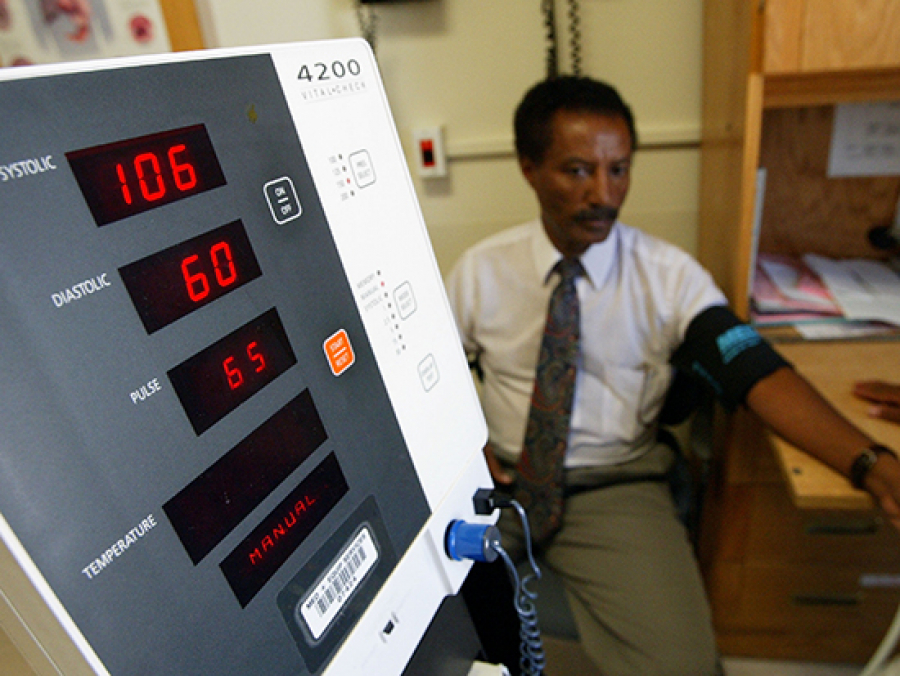Department of epidemiology

New research co-led by the UAB School of Public Health could reshape treatment guidelines for asymptomatic carotid stenosis, a condition caused by a buildup of plaque in arteries that carry blood to the brain.

The published study found a correlation between first-time transient ischemic attack and future cognitive decline. Rates of decline between TIA and stroke participants were the same.

The UAB REGARDS study, the cornerstone health disparities research in stroke and brain heath, has received another five years of funding from the NIH.

Walking is popular because it is accessible to almost everyone and can improve both mental and physical health.

The study found that 70-75 percent of all participants, regardless of whether they were already on blood pressure medications or not, were likely to see a reduction in their blood pressure if they lowered the sodium in their diet.

The federal mandate, which was announced in 2011 and implemented in 2014, limited acetaminophen to 325 milligrams per opioid-acetaminophen combination pill. Acetaminophen is toxic to livers at high doses.

The clinical trial focused on very young children, who have a more rapid loss of the pancreatic beta cells than do adolescents. The trial was constrained to a low-dose level, but showed safety and tolerability and reduced serum glucagon, a secondary outcome.

Consortium led by UAB researchers in the UAB Heersink School of Medicine and School of Public Health received additional funding to further study chronic hypertension and preeclampsia epigenetics participants enrolled in the CHAP trial.

Final results of the UAB-led national study on high blood pressure confirm a target goal of less than 120 mm Hg reduces adverse events.

The list was made by a group that aspires to bolster and increase diversity across all scientific fields, promote retention through the “leaky academic pipeline,” and broaden academic and industrial awareness of diversity and inclusion.

Uncontrolled high blood pressure is a risk factor for heart attack and stroke.

The coronavirus crisis has introduced a lot of new words into daily vocabulary. Get translations to better understand how the disease spreads and what can be done to stop it.

Olivia Affuso, Ph.D., was taken to the hospital after being stung more than 50 times by the bees.

Stylish but dangerous? UAB study looks at injuries caused by wearing high-heeled shoes.

New research from the ongoing CREST trial finds gender plays role in stroke-prevention procedures.